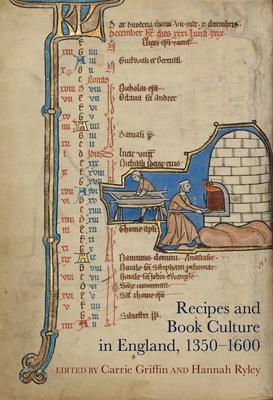Recipes are not just instructions. They also embody culture, class, belief, linguistic and literary form, and even include celebrity endorsement. Medieval and early modern recipes can be short and simple but sometimes are not - sometimes they work, and sometimes they do not. They can also be remarkably performative, imaginative, and playful. These essays explore recipes 1350-1600 from a range of perspectives and are unified by an interest in the complexity and richness of these texts.
This volume is the first of its kind. It presents new critical perspectives on medieval and early modern recipes, moving beyond concerns with utility to reframe recipes as part of a dynamic textual and intellectual culture. Contributors build on the sustained scholarly interest in recipes and bring fresh approaches to them. The thirteen essays explore topics including medical, culinary and domestic recipes and charms, as well as how they relate more generally to, for instance, book history, art, astrology and social practices.
Collectively, the essays reveal a distinctive book culture by exploring the material forms, literary and scribal practices of recipe books. This book is a significant contribution to these areas of study, increasingly central to scholarship in recent years.
Open Access versions of the following chapters will be available on publication on the Liverpool University Press website: Hannah Bower, The Brickmaker, the Tavern Keeper, and the Knight: The Role of Obscurity and Imagination in Medieval Medical Recipes and Katherine Storm Hindley, Bodies in the Recipe Collection: Interacting with Manuscript Charms in Late Medieval England
